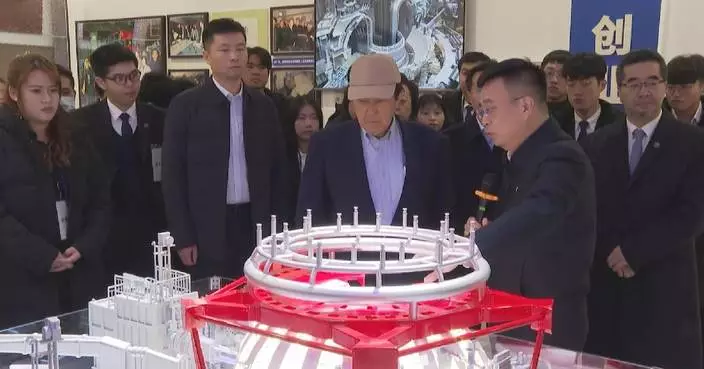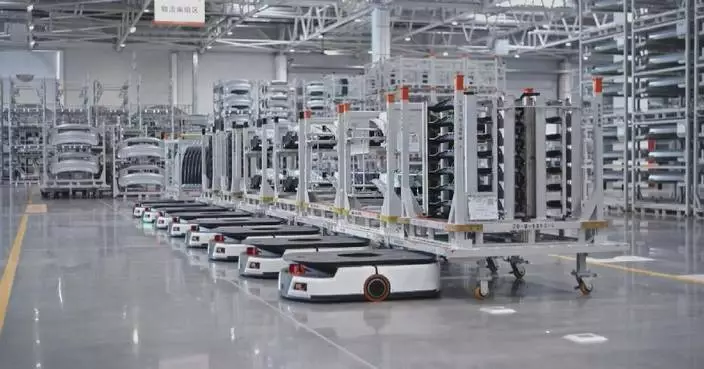China is strongly dissatisfied with and firmly opposes the United States' Section 301 investigation into China's policies for the semiconductor industry, the Ministry of Commerce said on Monday.
For the purpose of containing China and meeting its political need at home, the United States announced a new Section 301 investigation which will disrupt and distort the global semiconductor industrial and supply chains, and harm the interests of U.S. businesses and consumers, the ministry said.
The U.S. side has provided substantial subsidies to its own chip industry through legislation such as the CHIPS and Science Act. It is also worth noting that U.S. semiconductor companies account for approximately 50 percent of the global market, the ministry said.
In comparison, Chinese-made chips constitute just 1.3 percent of the U.S. market share, and Chinese chip exports to the United States are significantly lower than imports from the United States, the ministry said, citing a recent report from the U.S. Department of Commerce.
Calling on the United States to respect the facts and multilateral rules, and to cease its erroneous practices immediately, the ministry said that China will monitor the progress of the investigation closely and take all necessary measures to defend its own rights and interests resolutely.
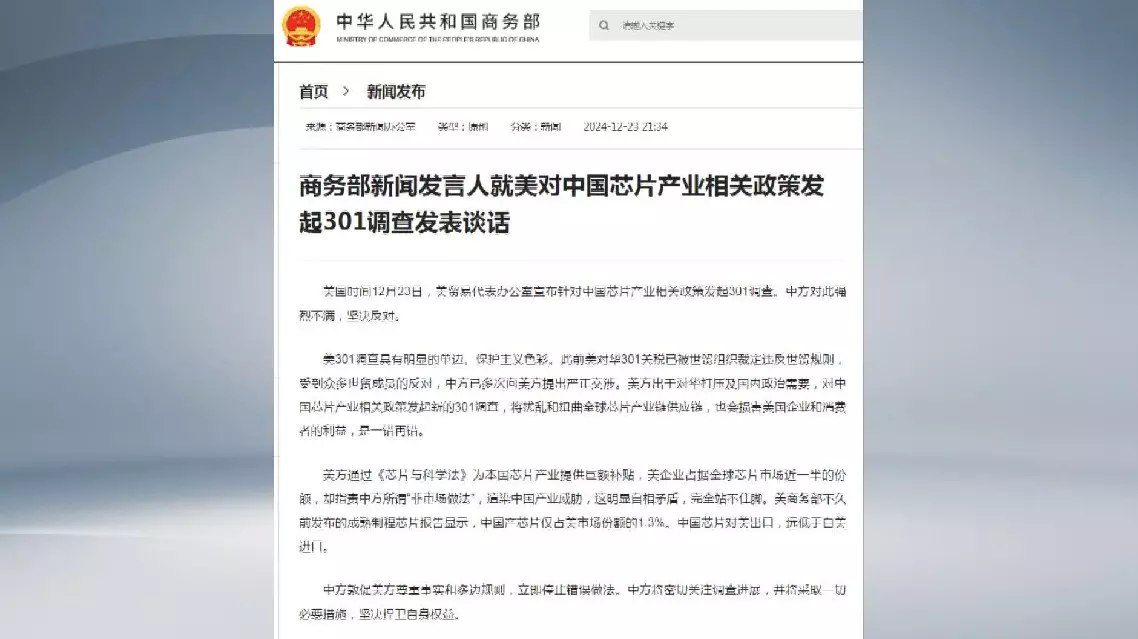
China opposes U.S. investigation into Chinese semiconductor industry: commerce ministry
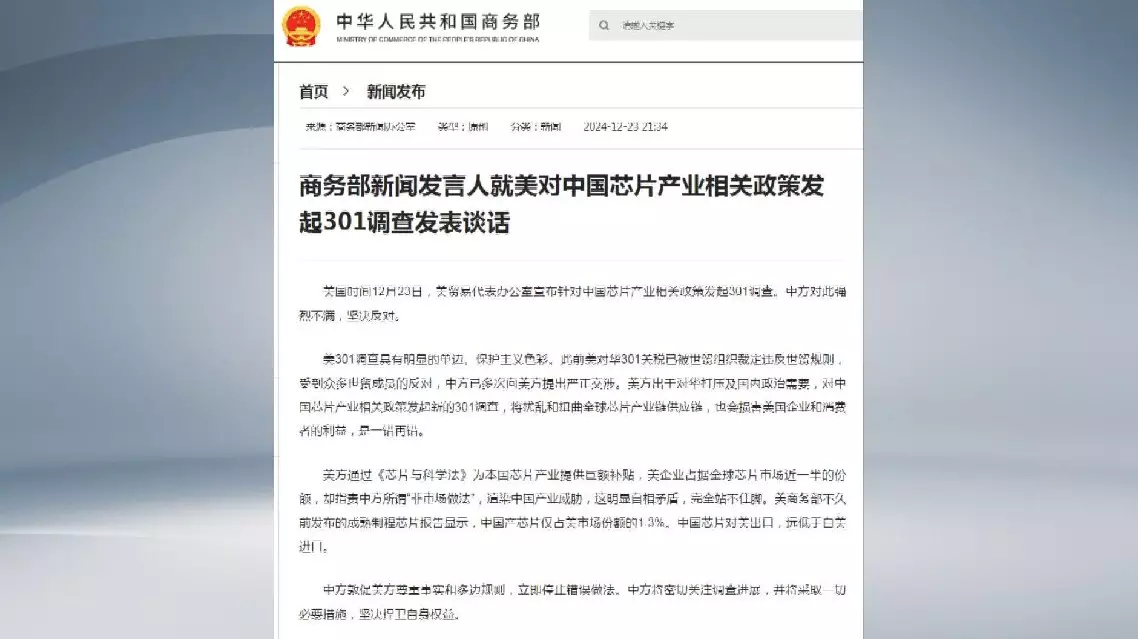
China opposes U.S. investigation into Chinese semiconductor industry: commerce ministry
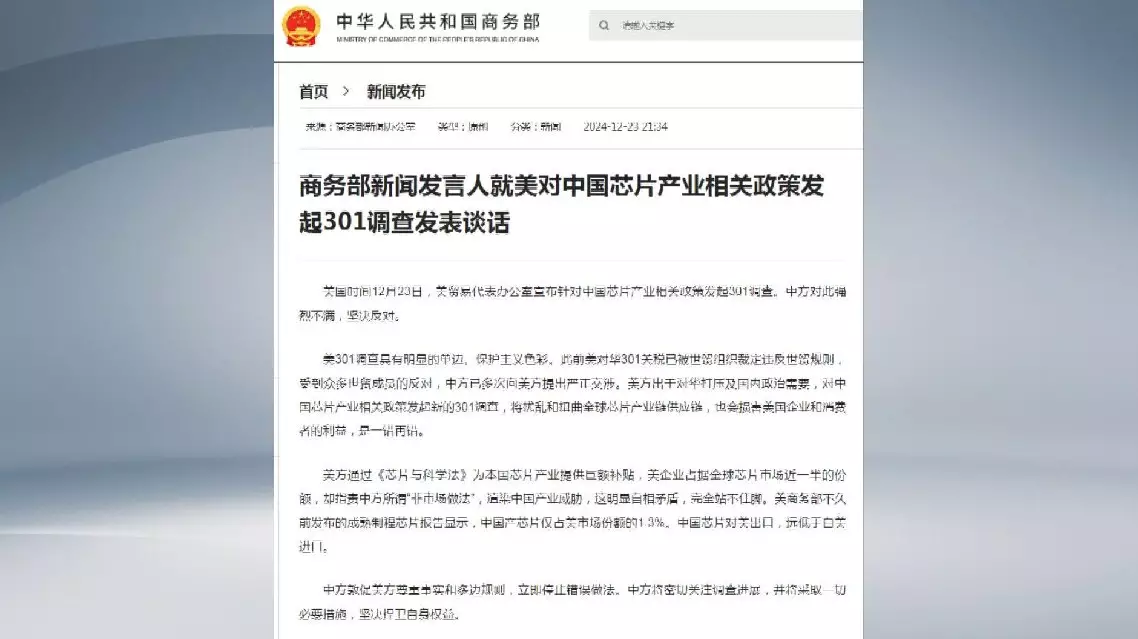
China opposes U.S. investigation into Chinese semiconductor industry: commerce ministry
A revolutionary agricultural project, jointly developed by Chinese experts and Pakistani researchers, is taking shape in Pakistan's Punjab province, driving innovation on an unprecedented scale and aiming to tackle food insecurity, a pressing issue both domestically and globally.
Spanning over 5,000 acres (more than 2,000 hectares), a high-tech farm in the province is at the forefront of transforming Pakistan's agricultural landscape.
It's part of a larger effort to achieve food security by leveraging cutting-edge technologies and collaborative expertise.
At the heart of this project is the use of high efficiency irrigation systems and state-of-the-art agricultural machinery.
By integrating both imported Chinese equipment and locally manufactured tools, the goal here is clear - maximize yields while minimizing costs.
"We have taken advantage of Chinese technology, especially in agricultural mechanization. We have introduced and imported state-of-the-art Chinese tractors which are very comfortable and work at scale. They have a higher rate of efficiency per day per person than our traditional model of tractors," said Sarfaraz, a farm manager.
Pakistan's agricultural sector has long faced challenges. With more than 60 percent of farmers relying on low-quality seeds from informal markets, the initiative seeks to bridge the gap by developing hybrid seeds better suited to changing climatic conditions.
Beyond crops, the initiative extends to livestock and dairy farming. Pakistan's milk and meat sector remain largely under commercialized. This project aims to change that by introducing large-scale and tech-driven livestock farms.
"The main purpose of this project is to import animals that are high in milk and meat quantity to increase our milk and meat production at the national level," said Shamraiz Akram, a livestock manager.
With modern technologies, these farms aim to improve productivity while boosting local economies through job creation and supply chain development.
Food processing and distribution are also key components. With several economic zones under the China-Pakistan Economic Corridor focusing on agri-processing, projects like this are strategically positioned to tap into larger markets.
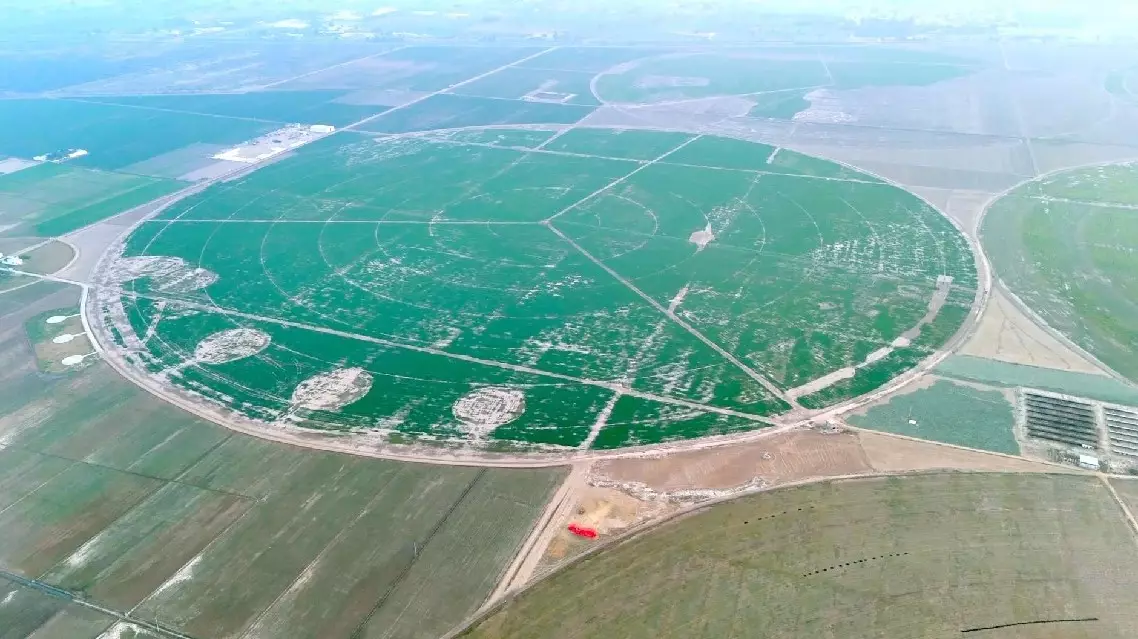
China-Pakistan project contributes to food security in Pakistan









